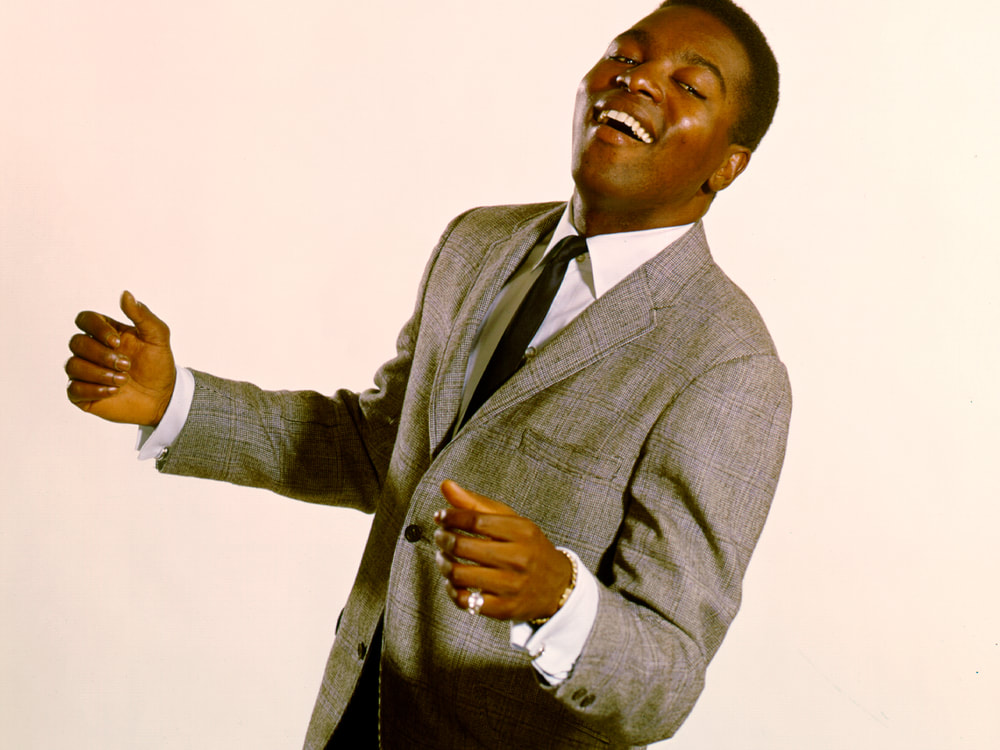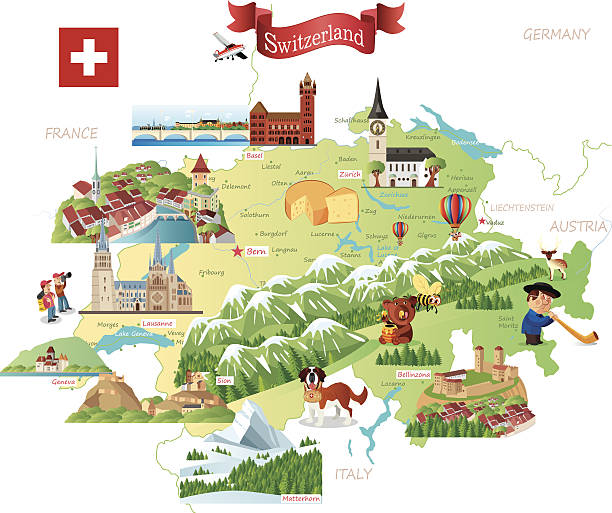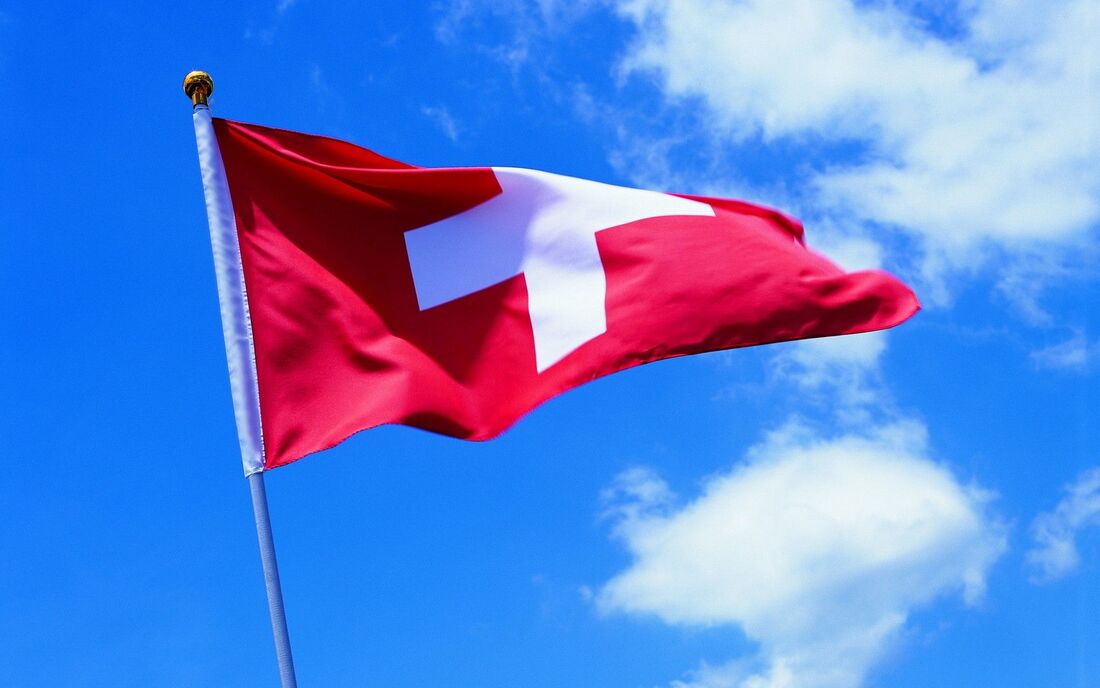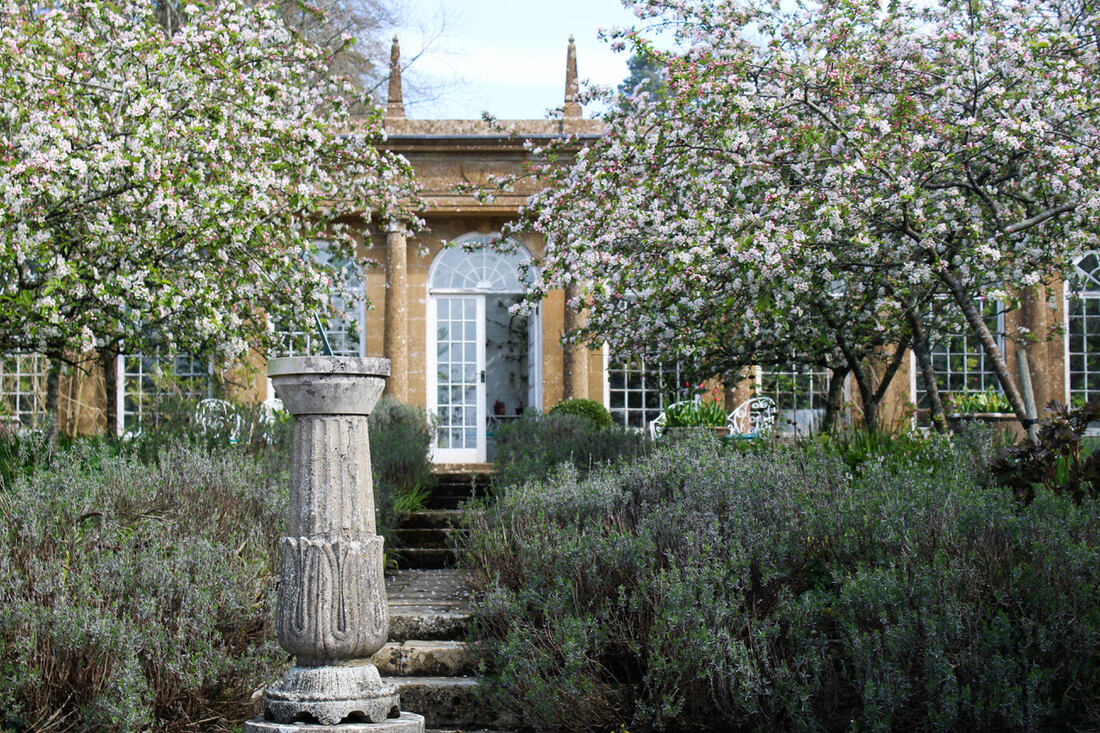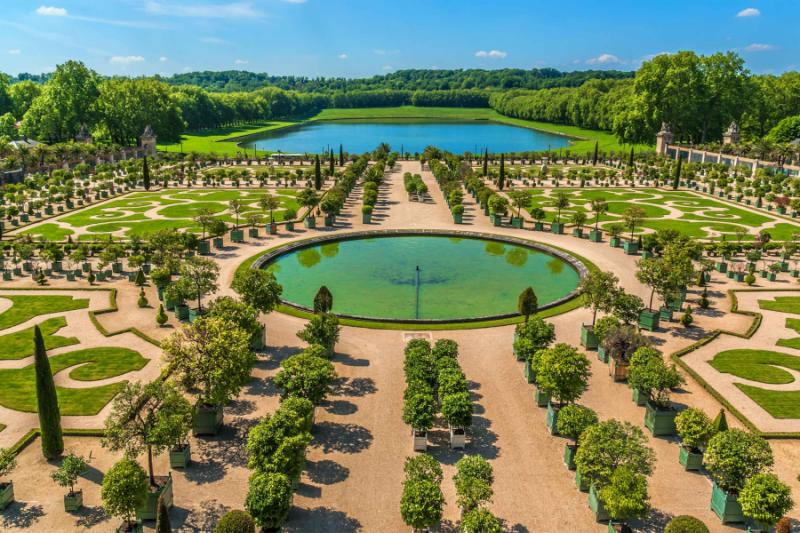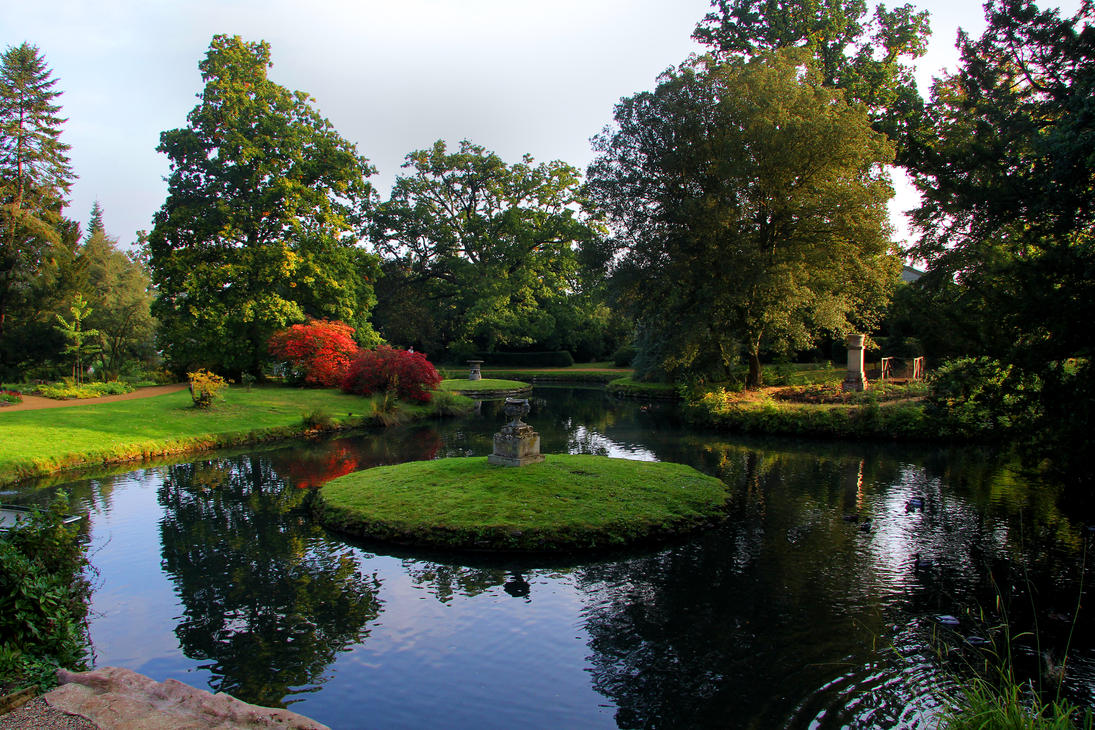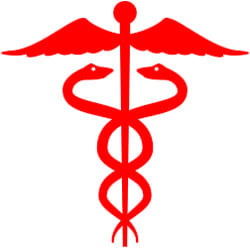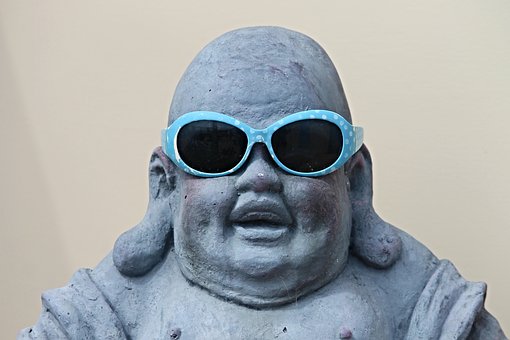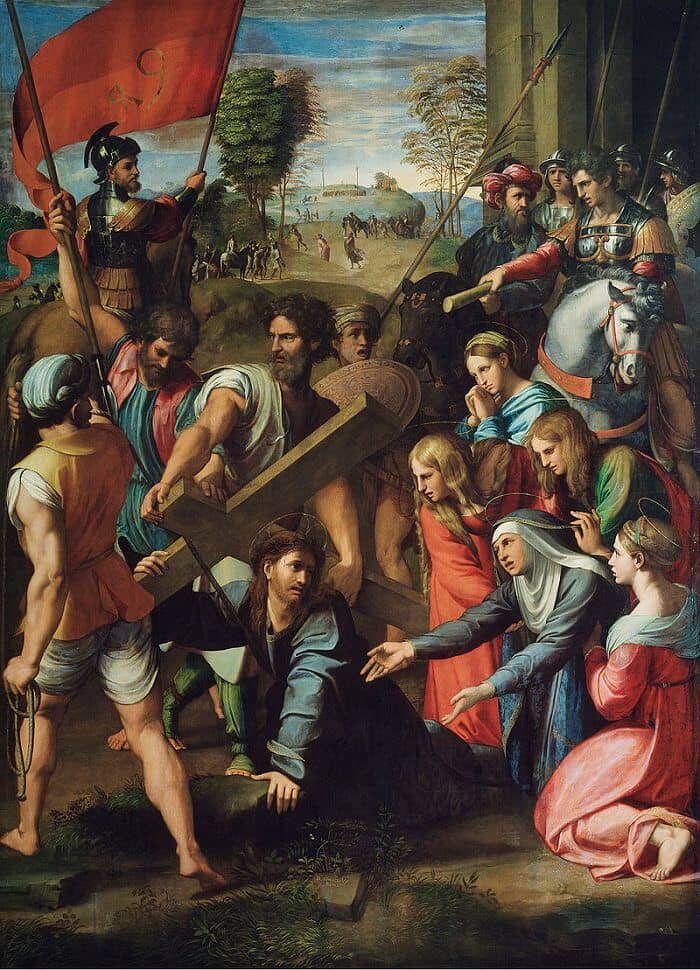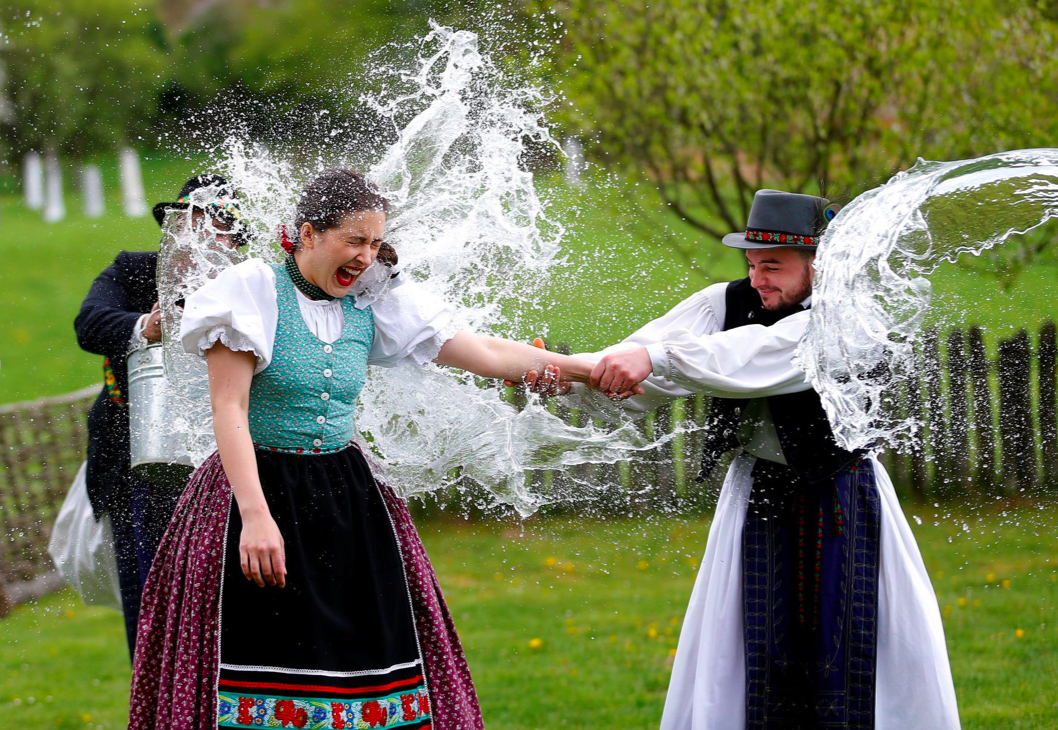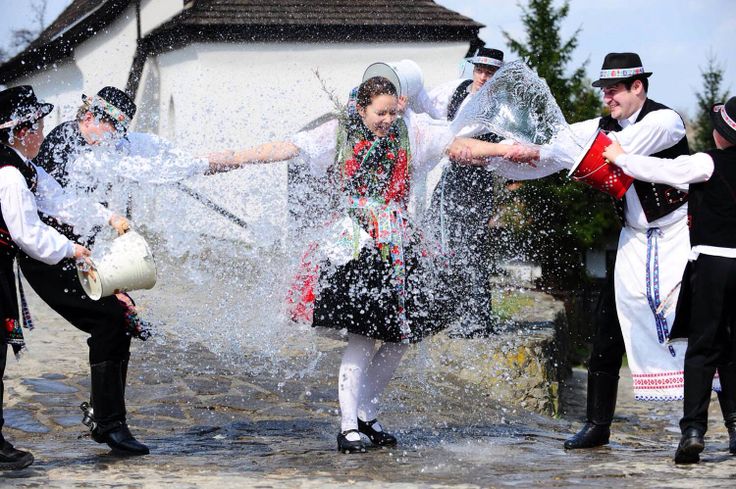Short Story
Papers were strewn all over her bedroom. The windows were wide open at the two-room cabin in the countryside. Her parents had rented this location resort for the summer. Each cabin stood almost a half a mile apart. A current of cold air howled through, powered by the squall outside. She clung tightly to her pillow as the cloudburst finally threw buckets of its precipitation on the roof. She was too weak to do anything. Her small body was no match for the terror she was enduring.
Rain finally launched a brutal attack on her. It raged, and seemed to meander through the unprotected opening in her bedroom. She made no sound through all this but squeezed her eyes shut. One hour passed and no respite. Then suddenly, as if she awoke from a dream, the rain subsided. The tall trees outside, swayed with the wind and at times seem to make strange sounds. Sometimes they whistled, sometimes they whispered, sometimes they swished. She paid rapt attention to all. One hissing sound continued. She opened one eyes. A snake slithered through the window. It reached her bedside. The serpent lifted its hood. She shut her eyes tighter. The creature moved around her room but retreated and made its exit from the same window. A few minutes later, she opened her eyes. She breathed a sigh of relief.
A tumbling sound suddenly alerted her. Her eyes darted to the window again. A black shadowy image stood tall at the rectangular opening. She was aghast. She pulled her pillow over her head. Her mind screamed but her voice was silent. The rumbling at the window grew louder. She managed to peek from one side of her pillow. Still she was unclear about who or what the image was. In a brief moment of clarity she surmised it was a ghost or some forest creature. The chilly wind compounded the same emotion she was feeling. Her mind raced feverishly to control the spasms that had taken her body. She was about to pass out. The sky quaked. The thundershower raged. Boom! The cabin wall crashed. Bang! Bang! Two gunshots rang out. Her body stiffened. She was awake again. There was an eerie silence. The squall abated.
She slowly removed the pillow from her face. The wall on one side of the cabin had collapsed. But there was a strange impression of the creature she saw at the window. The girl jumped out of her bed and gazed from the damaged wall as far as her eyes could see. In a distance a tall figure wearing a ranger's hat move hurriedly in her direction. She waited patiently. The warden gently lifted the five-year girl and united her with her parents. They explained to her that when the storm started they banged on her room door but it was locked from her side. And the ranger explained to them that he was just in time to scare away a bear that was trying to enter her room. © Wallace Paul . March 2024.
Papers were strewn all over her bedroom. The windows were wide open at the two-room cabin in the countryside. Her parents had rented this location resort for the summer. Each cabin stood almost a half a mile apart. A current of cold air howled through, powered by the squall outside. She clung tightly to her pillow as the cloudburst finally threw buckets of its precipitation on the roof. She was too weak to do anything. Her small body was no match for the terror she was enduring.
Rain finally launched a brutal attack on her. It raged, and seemed to meander through the unprotected opening in her bedroom. She made no sound through all this but squeezed her eyes shut. One hour passed and no respite. Then suddenly, as if she awoke from a dream, the rain subsided. The tall trees outside, swayed with the wind and at times seem to make strange sounds. Sometimes they whistled, sometimes they whispered, sometimes they swished. She paid rapt attention to all. One hissing sound continued. She opened one eyes. A snake slithered through the window. It reached her bedside. The serpent lifted its hood. She shut her eyes tighter. The creature moved around her room but retreated and made its exit from the same window. A few minutes later, she opened her eyes. She breathed a sigh of relief.
A tumbling sound suddenly alerted her. Her eyes darted to the window again. A black shadowy image stood tall at the rectangular opening. She was aghast. She pulled her pillow over her head. Her mind screamed but her voice was silent. The rumbling at the window grew louder. She managed to peek from one side of her pillow. Still she was unclear about who or what the image was. In a brief moment of clarity she surmised it was a ghost or some forest creature. The chilly wind compounded the same emotion she was feeling. Her mind raced feverishly to control the spasms that had taken her body. She was about to pass out. The sky quaked. The thundershower raged. Boom! The cabin wall crashed. Bang! Bang! Two gunshots rang out. Her body stiffened. She was awake again. There was an eerie silence. The squall abated.
She slowly removed the pillow from her face. The wall on one side of the cabin had collapsed. But there was a strange impression of the creature she saw at the window. The girl jumped out of her bed and gazed from the damaged wall as far as her eyes could see. In a distance a tall figure wearing a ranger's hat move hurriedly in her direction. She waited patiently. The warden gently lifted the five-year girl and united her with her parents. They explained to her that when the storm started they banged on her room door but it was locked from her side. And the ranger explained to them that he was just in time to scare away a bear that was trying to enter her room. © Wallace Paul . March 2024.
